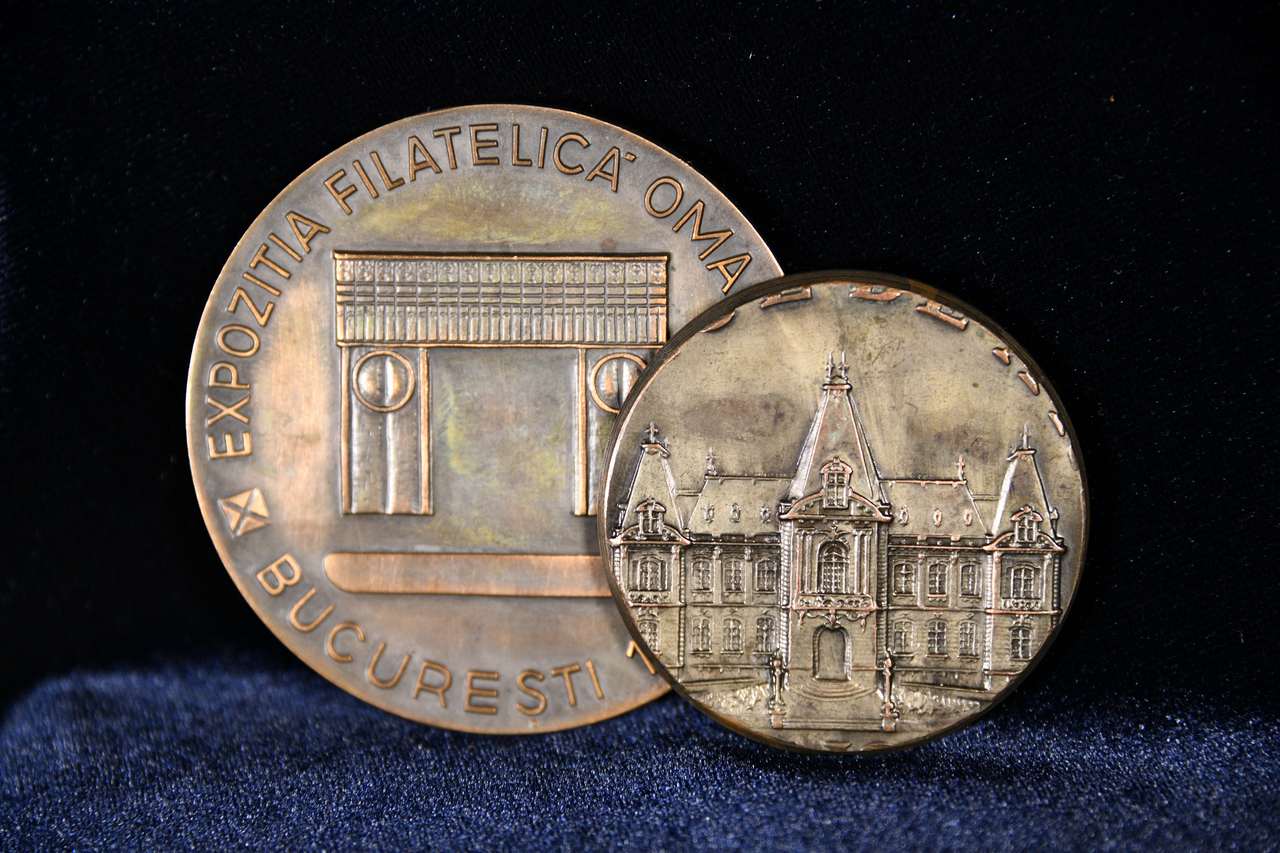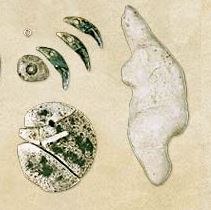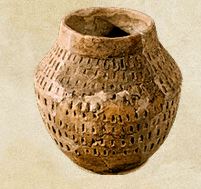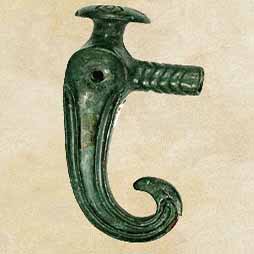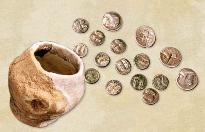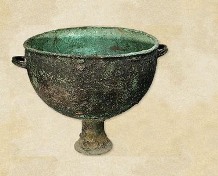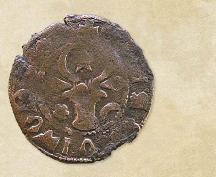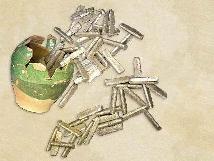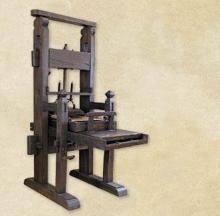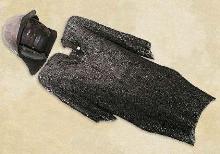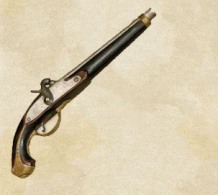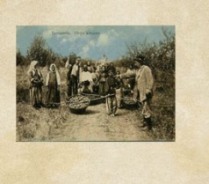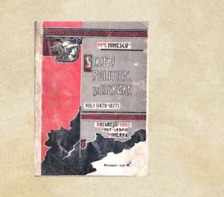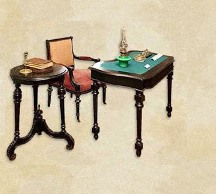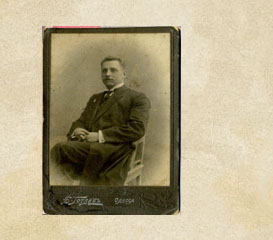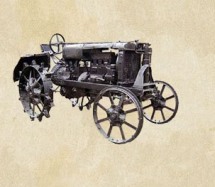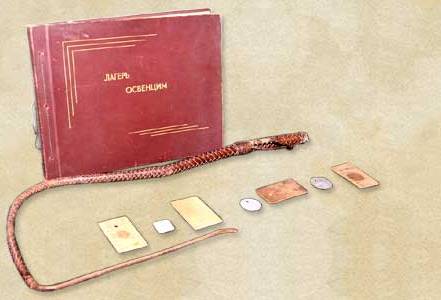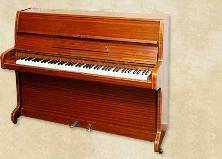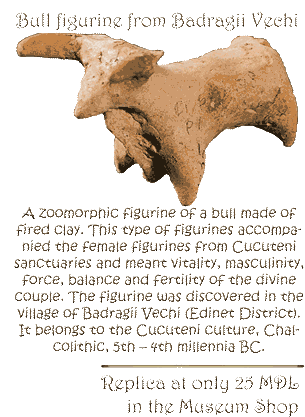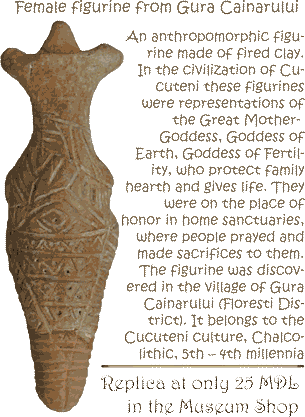Services
Admission to Exhibitions
Entrance fees:
General Admission:
Adults - 50 lei
Pensioners, students - 20 lei
Pupils - 10 lei
Free admission:
Preschool children (under 7 years old), Children from residential institutions, Children with disabilities (under 18 years old) and their companions,Adults with severe and accentuated disabilities (disability degrees I and II), Conscripts, Official and cultural delegations (within the museum's operating hours), Employees of the national museum network, the Ministry of Culture, and national cultural heritage institutions, Holders of ICOM and ICOMOS cards.
Free entry for all visitors: the last Thursday of the month.
Closed: Monday and on January 1, 7, and 8; March 8; the first and second day of Easter; May 1 and 9; August 27 and 31; October 14; December 25.
Guided Tours
The museum offers guided tours in Romanian, Russian, and English upon request for organized groups or individual visitors (groups of 5 to 30 people). Tours must be scheduled at least 24 hours in advance by phone (022240426) or email (muzeuldeistorie@gmail.com), specifying the date, time, group profile and size, and preferred language.
Guided Tour Fees:
For a group of 5 to 30 people:
Adults - 150 lei
Students, pupils, pensioners - 100 lei
Guided tours in foreign languages (Russian, English):
Adults - 300 lei
Students, pupils, pensioners - 200 lei
Free guided tours:
For children from residential institutions and military conscripts.
Educational Activities
Fees (per hour):
Educational Workshops - 20 MDL
Interactive Lessons - 20 MDL
Photo and Video Filming in the Museum
Photographing/Scanning Museum Pieces
For a museum piece - 250 MDL
For reproduction of a piece, commercial publications - 1000 MDL
Special video/photo shoots in museum rooms
(per hour) - 1500 MDL
Photography or photocopying of the Museum exhibit items by juridical persons is possible only with the permission from the Museum administration, obtained in written form.
Specialized assistance
Selection of textual and illustrative material from the Museum's Heritage - 30 MDL
Approval of exhibition documentation (for one author's sheet) 500 MDL
Expert Examination of Cultural Values
• in the Museum: 150 MDL for an object;
• within the city limits: 300 MDL for an object;
• outside the city: additionally includes the traveling and accommodation costs, at the expense of a client
Library
The Museum Library’s collection includes more than 10,000 books on a wide range of subjects, such as archaeology, history, museum studies, and scholarly reference works of interest to the Museum staff. The Library is also available to the public.
Costs:
- to borrow a book: 5 MDL / a day;
Rent of Museum Space
The 1st floor hall and the temporary exhibition room may be rented for temporary exhibitions, scientific and cultural events. For additional information and reservations, contact the Accounts Department, by phone: + 373 (22) 23-82-69, or the Deputy Director for Public Relations, by phone: + 373 (22) 23-83-13.
Museum Shop
In the Museum Shop can be purchased publications concerned archaeology and history of Moldova, exhibition catalogues, booklets and museum guides, and replicas of exhibit items are available.
 31 August 1989 St., 121 A, MD 2012, Chisinau, Republic of Moldova
31 August 1989 St., 121 A, MD 2012, Chisinau, Republic of Moldova




